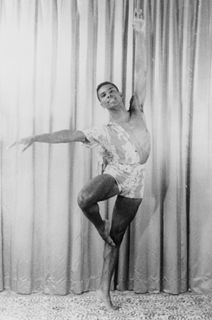A Quote by Kim Addonizio
Maybe you're one of those people who writes poems, but rarely reads them. Let me put this as delicately as I can: If you don't read, your writing is going to suck.
Related Quotes
Reading and writing music is a wonderful way of getting ideas in your head down to someone else who reads and writes, but if you don't read and write, and the other musician you're playing with are trying to express something who doesn't read and write, than it's a question of "I wrote" so that you must learn from listening and from understanding where that's coming from.
If the motive of writing is for some people a kind of exercise in dirty laundry, that's one thing. I've always thought of my poems as meant to be overheard, as I think all of these poems are. It seems to me if you get experience right, even your most painful or humiliating experiences - if you get those experiences right for yourself and make discoveries as you go along and find for them some formal glue - they will be poems for others.
I would start by writing to an adult, maybe a high school teacher, or maybe an aunt or uncle, and writing and telling them why you want to go to a particular university. That's probably what you would actually sound like. Then write your letter to the university, and put those 2 versions in front of you, and look at the difference between those 2 things.
I hope that if the people who read my work encounter people in the real world who are like the characters that I write about, that maybe that might make them feel empathy for those people. I know it sounds idealistic in a way, but I do hope that my work maybe changes some minds, and that my work makes readers see people as human that maybe before they read my work they might not have seen as humans, and those people include me and my family and my kids, people in my community.
Have you really read all those books in your room?” Alaska laughing- “Oh God no. I’ve maybe read a third of ‘em. But I’m going to read them all. I call it my Life’s Library. Every summer since I was little, I’ve gone to garage sales and bought all the books that looked interesting. So I always have something to read.
Do you know what it took for Balanchine to put me, a black man, on stage with a white woman? This was 1957, before civil rights. He showed me how to take her [holding her delicately by the wrist]. He said, ‘put your hand on top.’ The skin colors were part of the choreography. He saw what was going to happen in the world and put it on stage.







































